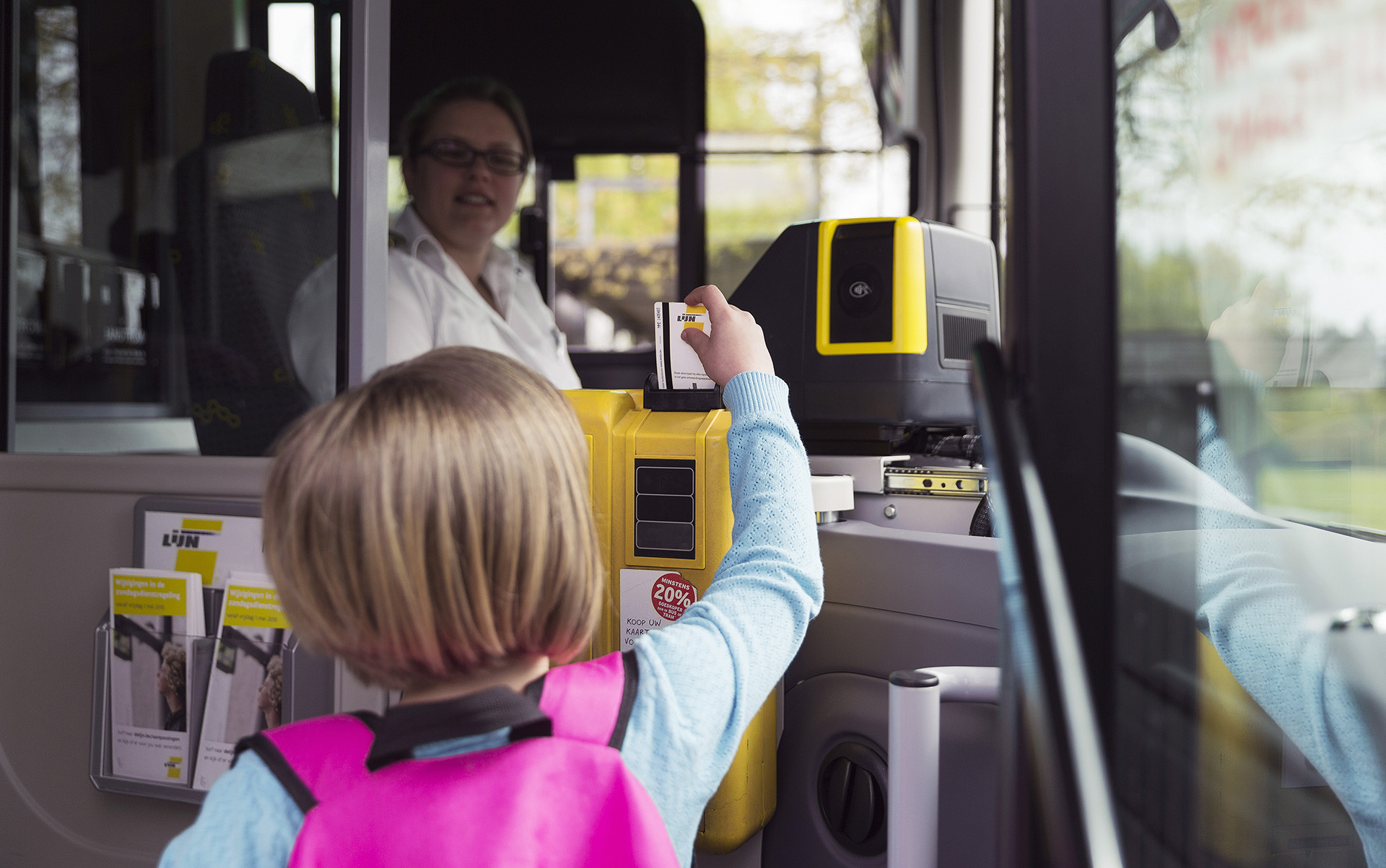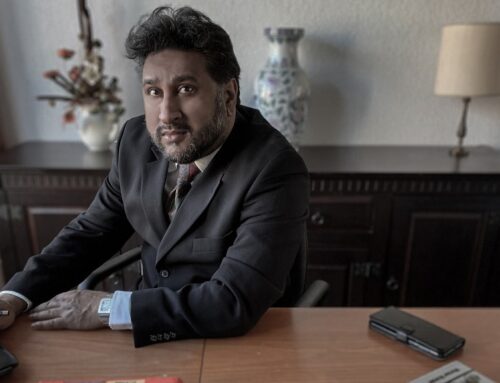Established in 1990, following the merging process of the public transport companies from Antwerp (MIVA) and Ghent (MIVG), as well as the Flemish part of the old Interurban Railway (NMVB), De Lijn (The Line) is a leading company which provides local and urban transport services in the Flanders Region. Headquartered in Mechelen, De Lijn offers extensive range of sustainable and high-quality transport solutions, putting safety, reliability and efficiency on the pedestal of its performance. Roger Kesteloot, Director General, explains, “The Flemish Regional Government holds 80% of the shares, complemented with the municipalities and the provinces of the region, as minority shareholders. De Lijn operates with on ground and underground tramways, and offers regular and on demand bus and tramway services”.
Guided by its mission to make the Flanders region easily accessible and a pleasant place for living, De Lijn, is an important interlocutor for the Flemish authorities and aims to develop the mobility policy and to support the economic, ecological and social progress of this region. He emphasizes, “We have approximately 530 million passengers a year. A third of them use public transport to go shopping in the urban areas, and the main advantage is that they do not have to find and pay for parking. The public transport is an excellent choice for large events such as concerts and sports games. It is not only for functional, but also for recreational and cultural use”.
Fighting Flanders’ Urban Congestion

De Lijn takes an active role in facing the huge mobility problems in the Flanders region, related to the congestion, traffic safety and accessibility. In this context, the company works on defining a public transport strategy that will provide improvements in the quality of life and reduce the air and noise pollution. Roger Kesteloot, says, “Our main focus is on making urban areas more liveable. Congestion is a major problem in Belgium. We concentrate on increasing our offer where the demand is. Even though the government did some cuts in budget, our plan for investments remains the same”.
The company is working towards directing its investments in areas that will provide more efficient work, increase the number of new passengers and strengthen the market share. Roger Kesteloot, adds, “We made diversion in our policy, from establishing minimum transport service spread out over the Flemish region, to a more concentrated offer in urban areas such as Antwerp and Gent, with significant investments in extra capacities during peak hours. De Lijn also directs its investments towards the so-called Centre Towns, which have from 60.000 to 100.000 residents. We are aiming for speed and good reliability. The efficiency ratio is important for us”.
De Lijn has developed a Mobility vision 2020 for the public transport in Flanders, at interregional, regional and urban level. This vision requires significant investments which will enable time saving in traffic jam sensitive regions such as Flanders and Brussels. The Mobility vision 2020 is supported by the provincial governors, the mobility delegates and the interest groups such as TreinTramBus and Bond Beter Leefmilieu. Roger Kesteloot says, “Mobility Vision 2020 clearly expresses our ambition to be a forerunner in the transition to sustainable mobility. Mayor benefit of taking public transportation is that the congestion will decrease and the air quality will increase. Since the Belgians are so much car-oriented, we are happy to work towards giving back their space and air quality”.
Ensuring Safe Transportation Services

Roger Kesteloot points out, “De Lijn is a client-oriented company where the customer comes first. One of our core values is passion for customers and that is our guiding principle”. De Lijn strives to provide high-quality service, putting the travellers and their expectations as first priority. The company provides continuous and structural attention to customer’s satisfaction, verified by the ISO 9001 Certificate and the developed quality monitoring.
Traffic safety is one of the basic pillars in De Lijn’s operations. The Director General adds, “Public transportation is the safest transport and we understand that safety measurements need to be introduced, such as the CCTV cameras”. In this context, the company developed the “Safe on the Road” plan, built around four major pillars – organizational measures, (techno) preventive measures, training and cooperation with other parties.
Discussing future strategies, Roger Kesteloot says, “We are early accommodating when it comes to new technologies, such as new apps. Mobility will become more competitive due to new players and technologies, and we are already trying to create strong position for ourselves. We have a lot of data, which we can use to be more competitive”. The role of the company’s mobility will be shifted towards service. He concludes, “Building strategic partnerships will be very important in the next few years. De Lijn is open for cooperation in terms of service, technology, digitalization and we are ready to become a strategic partner”.
De Lijn Centrale Diensten
Motstraat 20 – 2800 Mechelen
Tel.: + 32 070 220 200
www.delijn.be
Facebook.com/delijn
Twitter.com/delijn
linkedin.com/company/de-lijn










